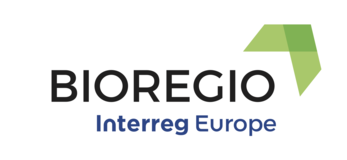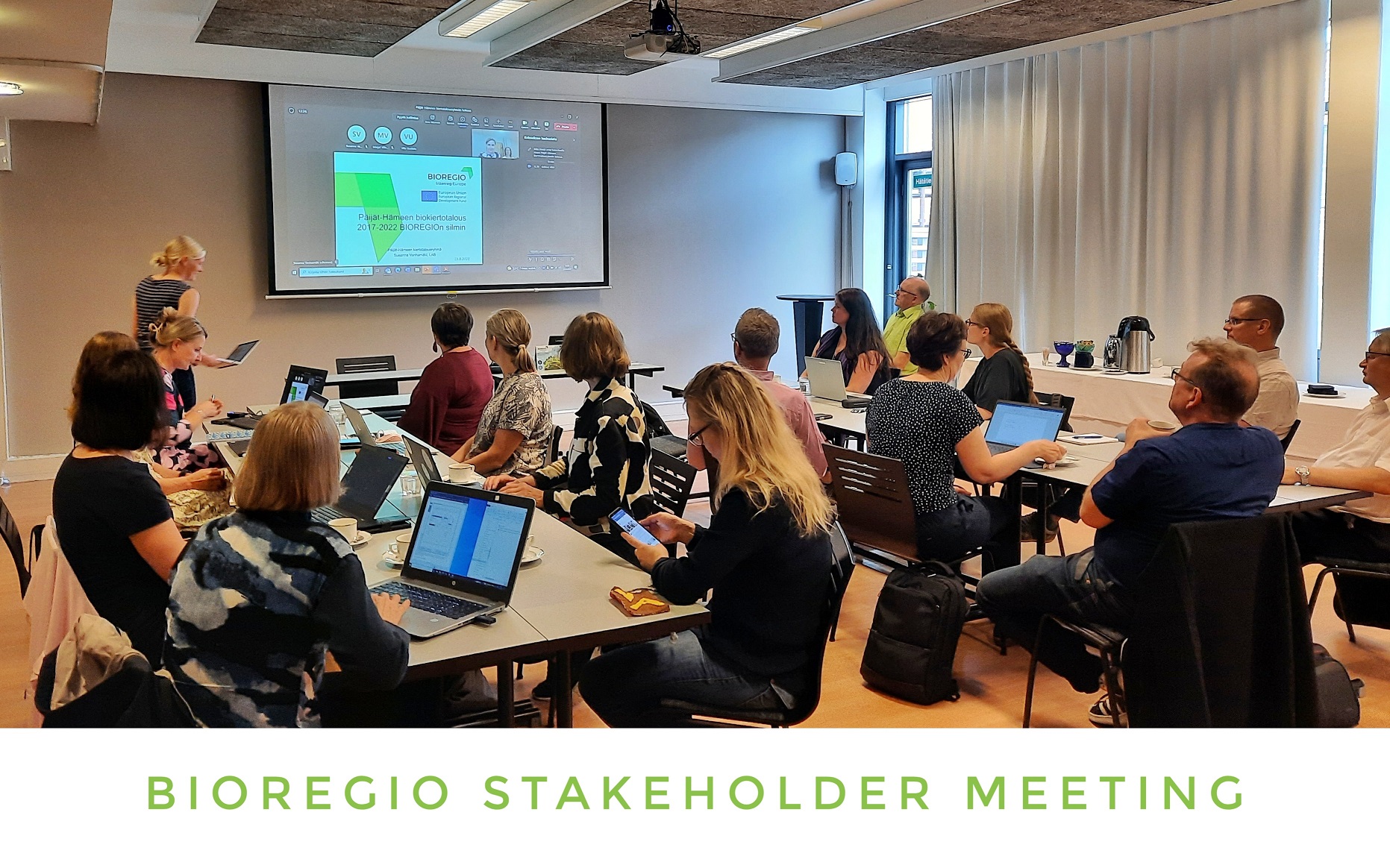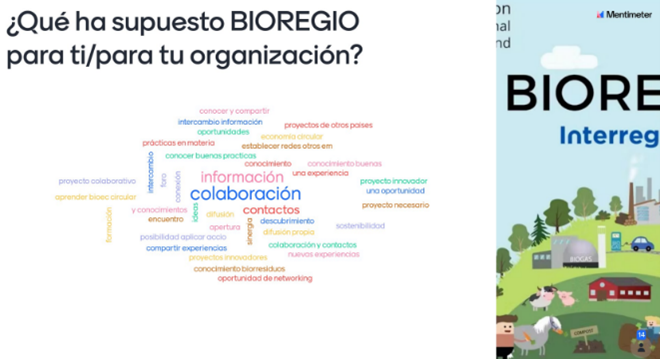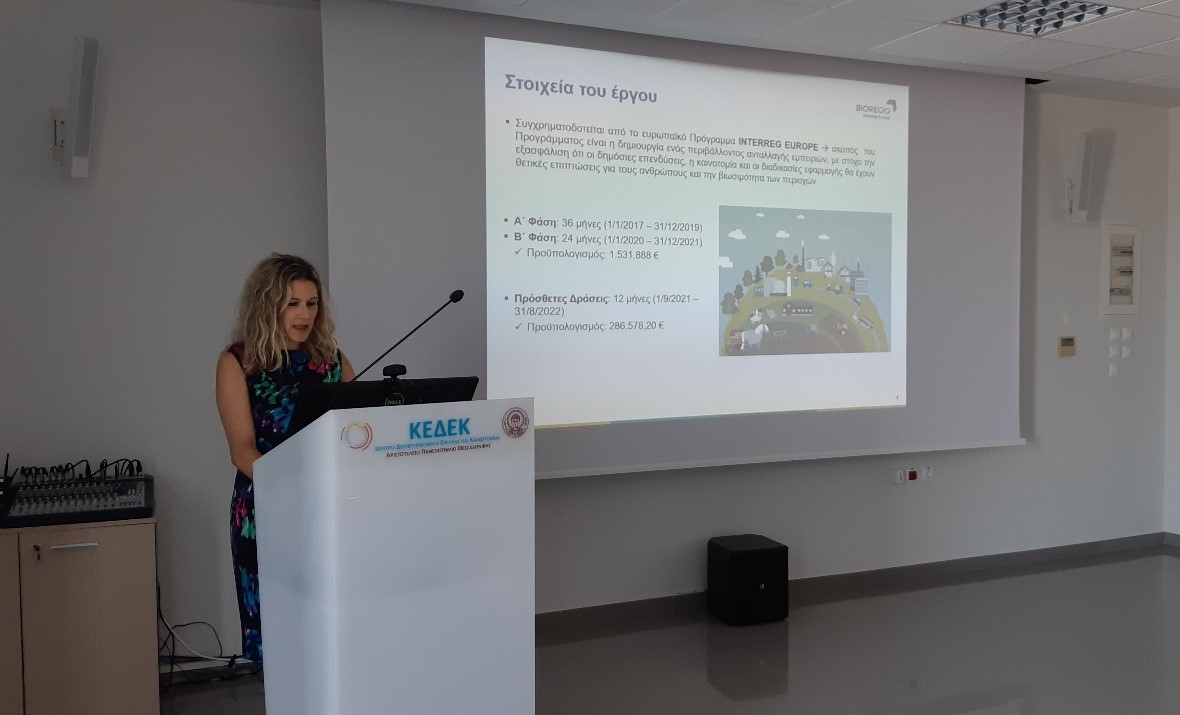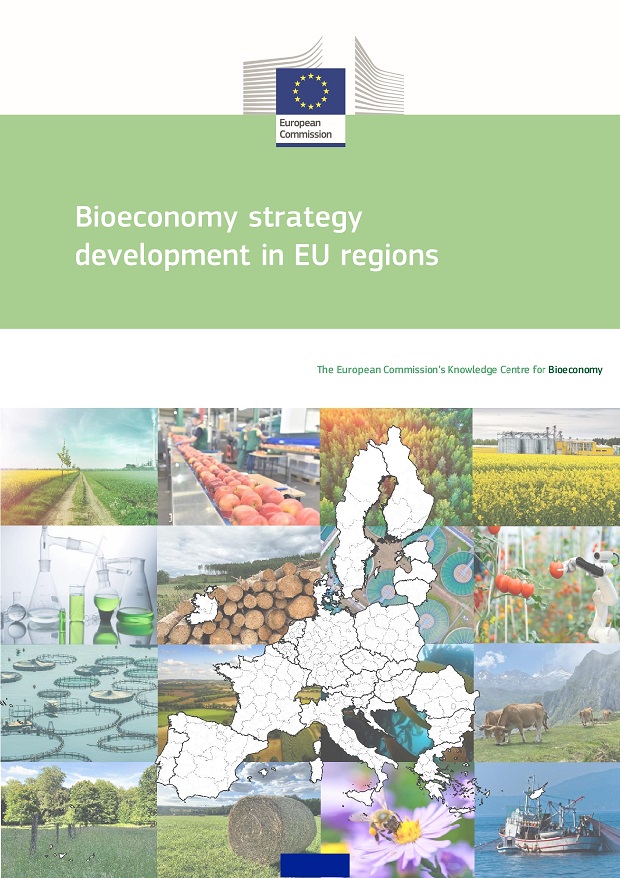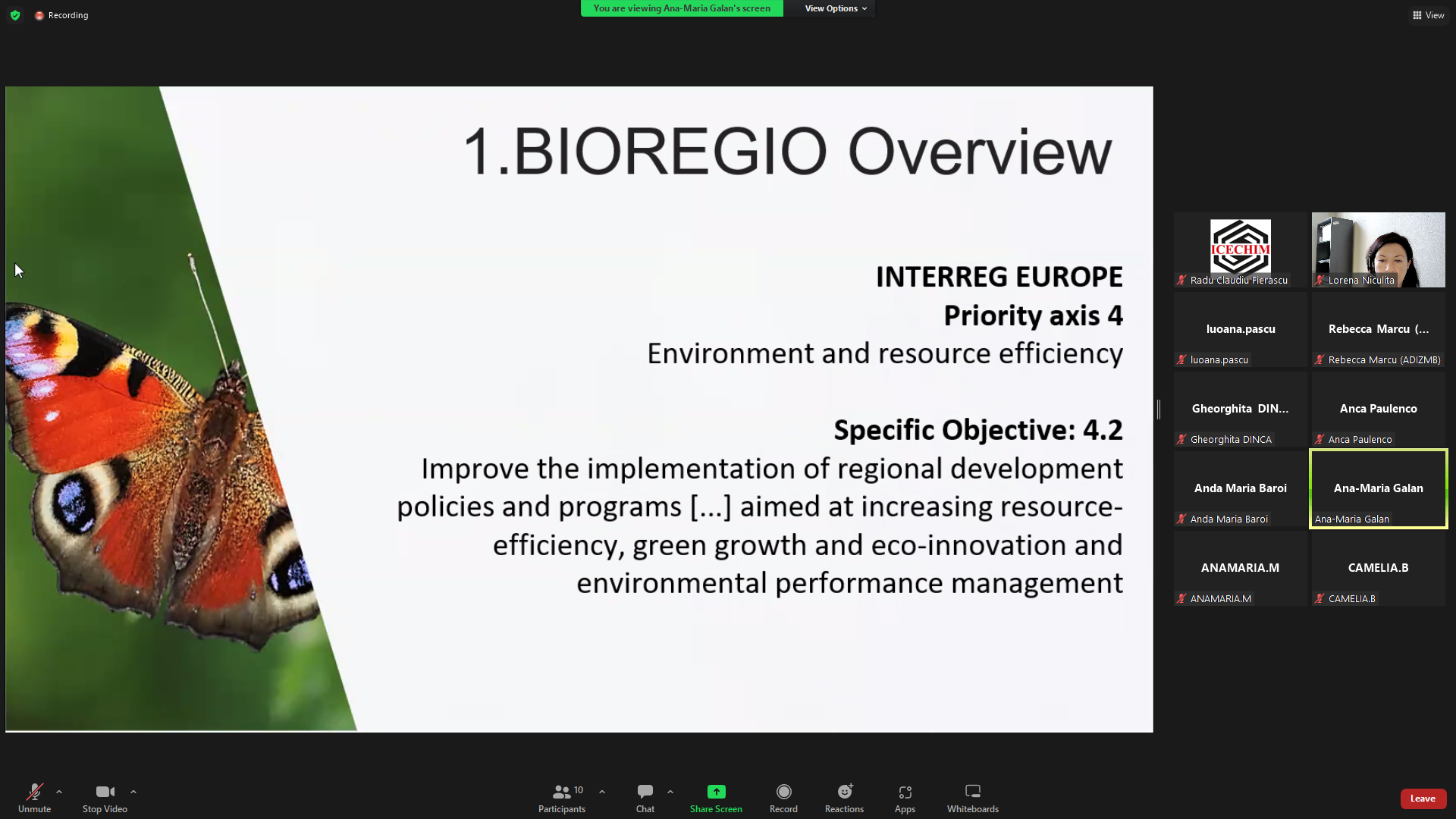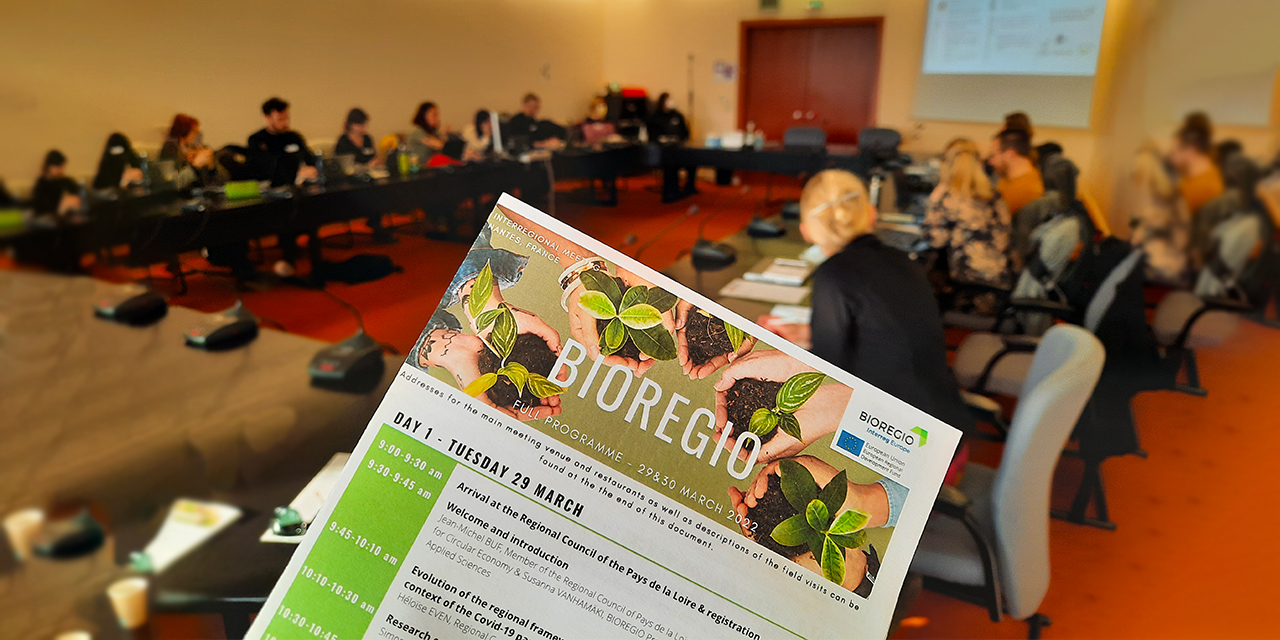Regional Achievements on Boosting Bio-Based Circular Economy
Since 2017, eight partners from six countries have been working together in the BIOREGIO project to develop bio-based circular economy (CE) in their regions. As BIOREGIO is approaching its final stage, a final dissemination event was organized in May 2021.
BIOREGIO aims to improve regional policies related to bio-based CE through a number of activities (Picture 1) leading to knowledge and good practices exchange among the partners’ regions. As a result, six regional action plans to boost bio-based CE were approved. During the final dissemination event, the main BIOREGIO achievements accomplished by the partner regions were presented.
Picture 1. BIOREGIO achievements in numbers. BIOREGIO has achieved nine policy changes, five of them related to structural funds and four to regional policies. (Picture: Medkova 2021)
Regional Achievements and Success Stories
In the Päijät-Häme region, the Finnish team was particularly proud of the Grain Cluster good practice. They stressed the awards given to its members: the 2021 Circwaste Circular Economy Award coordinated by the Finnish Environment Institute (SYKE) to the new Fazer´s xylitol manufacturing facility, and Teerenpeli, the best worldwide whisky producer in 2020. (Snell & Hertsi 2021.)
In Spain, thanks to BIOREGIO, the CE concept was included in the ERDF of Castilla–La Mancha 2014-2020 to fund related projects in the region. The region was the first in Spain to have a Circular Economy Law (2019). CLAMBER, the first technologically advanced biorefinery at a demonstration scale was selected as the most interesting and successful good practice. (Sánchez-Mayoral 2021.)
The Region of Central Macedonia, Greece has recently joined the BIC Bioeconomy Platform to foster the sustainable biomass feedstock supply and to feed both existing and new value chains. The region will thus extend the BIOREGIO collaboration with more than 50 European regions that face the same challenges in terms of the bio-based CE. (Kiskini 2021.)

Picture 2. Identified good practices (altogether 47) and knowledge exchange have been highly inspirational to all partner regions. (Picture: Rouhiainen 2018, modified by Katerina Medkova)
In the Nitra Self-Governing region, Slovakia, the bio-based CE was included in the regional policy instruments already in the initial stages of BIOREGIO implementation inspired by the Päijät-Häme CE Roadmap. Bio-based CE is regarded as a strong element in strategic development documents. (Šaturová & Marišová 2021.)
For the Sud Muntenia region, Romania, the opportunity to see good practices on-site and being able to talk directly to stakeholders has been especially inspiring. Such knowledge gain has contributed to the development of new policies to support bio-based CE in the region. The National Recovery and Resilience Plan for Romania includes the development of a CE strategy as well as funding instruments, therefore, this sector may grow considerably in the next years. (Frincu 2021.)
The Pays de la Loire region, France focused on four areas: 1. Raising awareness among civil society and the private sector. 2. Support circular bioeconomy initiatives through the Regional Call for CE projects. 3. Enhancing the dialogue between local authorities and stakeholders. 4. Identifying the most relevant sectors and analyze the interactions between actors to develop the bio-based CE. The most appreciated was to work with passionate people and contribute to the regional dynamics of circular bioeconomy. (Bailet 2021.)
The article was originally published in the LAB Focus blog on 17.6.2021: https://blogit.lab.fi/labfocus/en/regional-achievements-on-boosting-bio-based-circular-economy/
